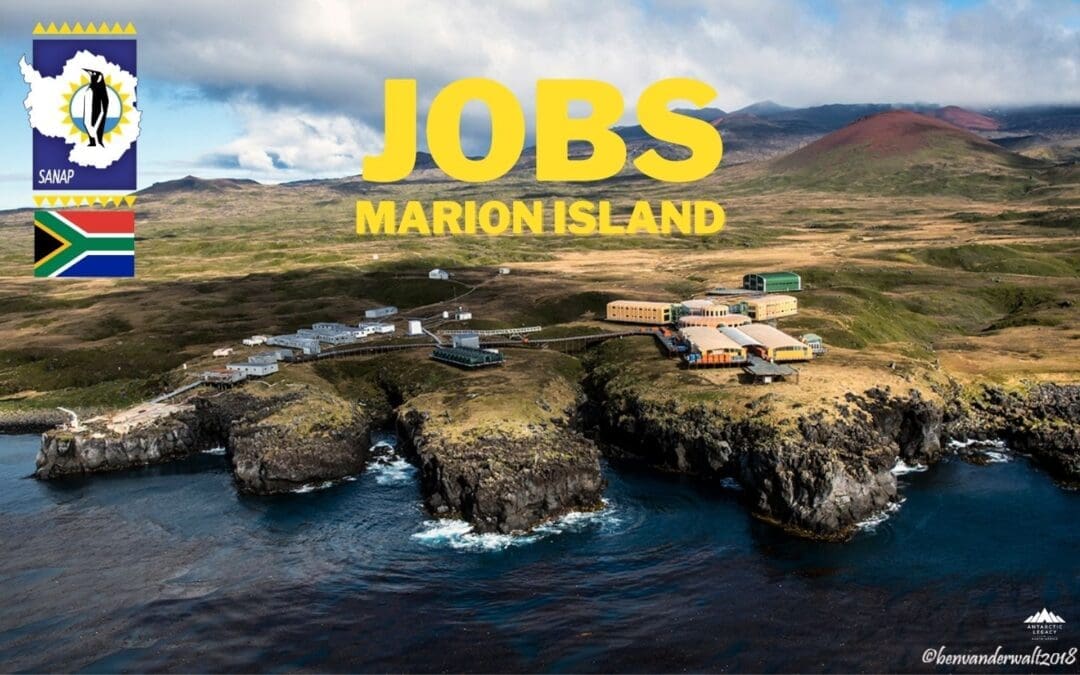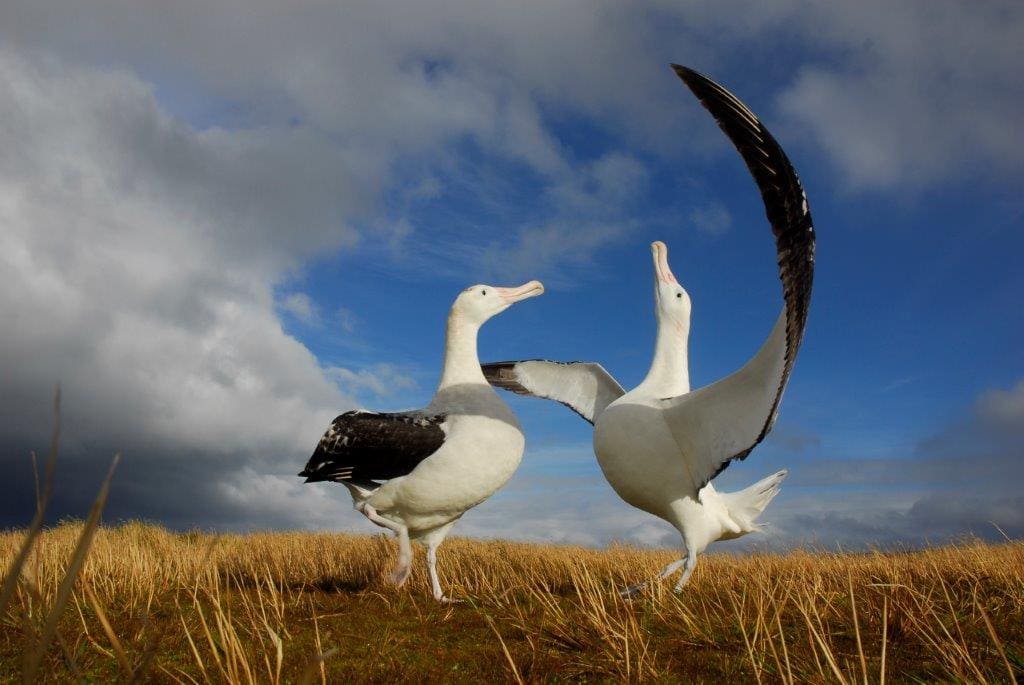
by Ria Olivier | Feb 19, 2024 | Oceanography, Research, SANAP, SANAP Student, Science, Southern Ocean, Uncategorised
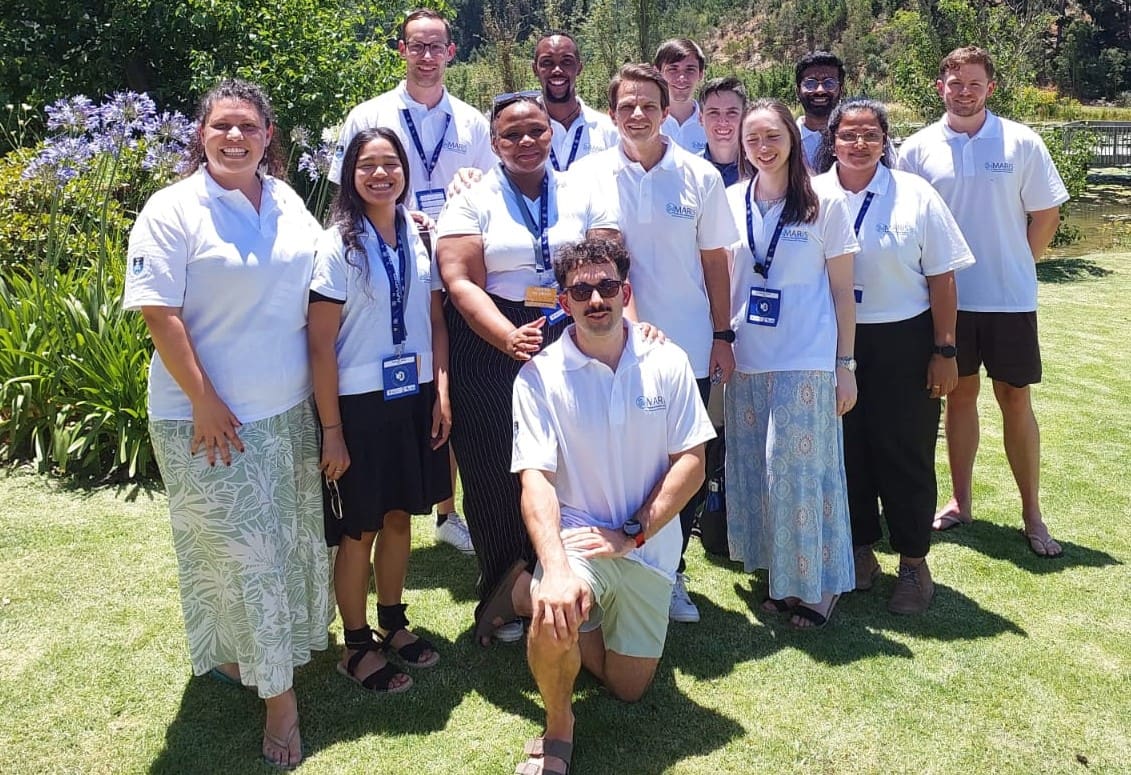 MARIS started the first session on Southern Ocean research within SANAP with focus on SEA ICE. Above: Rutger Marquart, Magata Mangatane, Dylan White, Anand Nair, Wayne de Jager, Leila Nefdt, Safiyyah Moos, Tokoloho Rampai, Marcello Vichi, Robyn Verrinder, Hayley Swait, Riesna Audh, James van Niekerk. (Photo Credit: MARIS)
MARIS started the first session on Southern Ocean research within SANAP with focus on SEA ICE. Above: Rutger Marquart, Magata Mangatane, Dylan White, Anand Nair, Wayne de Jager, Leila Nefdt, Safiyyah Moos, Tokoloho Rampai, Marcello Vichi, Robyn Verrinder, Hayley Swait, Riesna Audh, James van Niekerk. (Photo Credit: MARIS)


The first ocean session covered the Antarctic sea ice research field led by the Sea Ice Team from the Marine and Antarctic Research for Innovation and Sustainability (MARiS). The research themes covered in this session were innovation and development, oceans and marine eco-systems under global change and earth systems observations. The presentations and posters under these research theme covered a diverse range of projects from large-scale sea ice observations, tracking and measurements to the small-scale sea ice dynamics, properties and biogeochemistry. Antarctic sea ice research has received a comparatively limited focus compared to its Arctic counterpart. The MARiS sea ice team is constituted of the departments of Oceanography, Electrical and Chemical Engineering at the University of Cape Town, with projects aimed to contribute new insights and push the boundaries within this research domain. The presentation within this session were on a variety of earth system observations models, simulations of sea ice wave interactions, innovative tool development for lab-based experiments and field-based work investigating sea ice dynamics and properties and the ecological impacts of algae and their biogeochemical significance. The session under the MARS theme; Oceans and marine ecosystems under global change was chaired by Principal investigator Tokoloho Rampai and it included an overview of Maris by Robyn Verrinder. The session was done in round table fashion and included posters and oral presentations. Tokoloho concluded the session with a closing statement
 Oral presentations:
Oral presentations:
- Robyn Verrinder – Overview of MARIS.
- Rutger Marquart – Numerical modelling of sea ice dynamics and thermodynamics in the Antarctic marginal ice zone. (abstract)
- Anand Nair – Three-Dimensional Computational Fluid Dynamics Modelling of Pancake Ice on Waves. (abstract)
- Safiyyah Moos – Investigating the dynamics and exchanges across the ice-ocean interface in artificial sea ice. (abstract)
- Hayley Swait – Investigating Brine and Air Porosity in Sea Ice from the Eastern Antarctic Marginal Ice Zone. (abstract)
 Poster Presentations were displayed in the venue during the symposium and presenters gave a quick introduction to their posters during the round-table session.
Poster Presentations were displayed in the venue during the symposium and presenters gave a quick introduction to their posters during the round-table session.
- Wayne De Jager – Sub-daily Antarctic sea-ice variability estimates using swath-based retrieval methods. (abstract)
- Dylan White – Discussion on the Premise of, and Challenges in, the Development of a Ship-Based Radar System for the in-situ Measurement of Sea Ice Thickness. (abstract)
- Magata Mangatane – Antarctic sea-ice thickness reconstruction. (abstract)
- Marcello Vichi – Wind- and wave-driven free-drift dynamics in Antarctic Sea ice.(abstract)
- Tokoloho Rampai – Sea ice growth dynamics and their influence on the physical, structural and mechanical properties-A discussion on innovation in in situ testing. (abstract)
- James van Niekerk – Investigation of the Interactions Between Sea Ice Algae from the Marginal Ice Zone of Antarctica and Artificial Sea Ice. (abstract)
- Riesna Audh – Winter biogeochemical activity is enhanced by rafting in growing Antarctic Sea ice. (abstract)


After the session the group took pictures (Credit: Leila Nefdt)

by Ria Olivier | Feb 14, 2024 | Marion Island, Newsletters>Marion Island Newsletters, Overwintering Team, SANAP, Uncategorised
 The 2nd issue of The Wanderer by the Marion80 Overwintering team is now available online. It is a bumper issue with 64 pages to read and to enjoy the amazing photo’s taken by the team members.
The 2nd issue of The Wanderer by the Marion80 Overwintering team is now available online. It is a bumper issue with 64 pages to read and to enjoy the amazing photo’s taken by the team members.
Read the editor’s note by Zafar Monier “about the experiences of the people living one of the most extreme lifestyles, unexpected guests, new(born) arrivals, and even some goodbyes” .
Great message by the team leader Sandile Nkebe “Being on Marion Island has taught me to persevere, to be patient and to master the use of “alternatives”.
The Edition includes the visit by the Scientific team to Prince Edward Island.
Click here to Download
In this Issue:
- Clockwise vs Anti-clockwise by Zafar Monier
- Roaring winds by Yinhla Shihlomule
- Ode to the Paddy Counter by Michelle Risi
- How to Samsara by Michelle Risi
- There’s always another one by Zafar Monier
- Natures Midwife by Dylan Seaton
- Whatever Doesn’t Kill You Makes You a Beachmaster by Tammy Eggeling
- Gear Maketh Man by Zafar Monier
- Unexpected Guests by Kelly Mogotsi and Williem Krige

by Ria Olivier | Feb 12, 2024 | Antarctica, Research, SANAP, SAPolarRI, Uncategorised
 During the 6th Symposium sessions were allocated to cross cutting disciplines and it led to great presentations and discussions.
During the 6th Symposium sessions were allocated to cross cutting disciplines and it led to great presentations and discussions.
Science Engagement and Awareness within SANAP
Anché Louw of the South African Polar Institute and co-investigator of the Antarctic Legacy if South Africa chair the session and begin the session with a presentation on the Antarctic Legacy Internet footprint.
 She told her story when she started within the SANAP program as an honors student in Botany. she highlight the importance that as researchers we need to communicate our work and create awareness for the science that we participate in.
She told her story when she started within the SANAP program as an honors student in Botany. she highlight the importance that as researchers we need to communicate our work and create awareness for the science that we participate in.
 Sarah Fawcett asked Anché to highlight the possibilities of Wiley publishing and due to an agreement researchers can publish in a huge variety of journals at no cost, and those papers will be fully open access. Similar agreements have recently been negotiated with Springer and Elsevier, so there’s really no reason any of us should be paying for publication. A Leaflet was include in the welcoming package of all participants. Dr. Pete Convey also mentioned the possibilities and opportunities within SCAR where researchers can publish.
Sarah Fawcett asked Anché to highlight the possibilities of Wiley publishing and due to an agreement researchers can publish in a huge variety of journals at no cost, and those papers will be fully open access. Similar agreements have recently been negotiated with Springer and Elsevier, so there’s really no reason any of us should be paying for publication. A Leaflet was include in the welcoming package of all participants. Dr. Pete Convey also mentioned the possibilities and opportunities within SCAR where researchers can publish.


The session included an e-poster by Ria Olivier of the LSA digital museum. The museum can be downloaded from the ALSA archive

by Ria Olivier | Feb 8, 2024 | SANAP, SANAP Student, SEAmester
During the 6th Symposium sessions were allocated to cross cutting disciplines and it led to great presentations and discussions. After the governance session on the 2nd day of the symposium a few cross-cutting themes took place. This post focus on:
CAPACITY DEVELOPMENT within SANAP
 Prof Isabelle Ansorge of UCT and PI of SEAmester chaired the session on capacity development and she introduce the session with the presentations: “SEAmester 6 Voyages later.”
Prof Isabelle Ansorge of UCT and PI of SEAmester chaired the session on capacity development and she introduce the session with the presentations: “SEAmester 6 Voyages later.”

 She outlined the strength of SEAmester is that it combines theoretical classroom learning with the application of this knowledge through ship-based, and more importantly, hands-on research through the Agulhas System Climate Array (ASCA) programme. During past voyages 241 students from 26 universities all over South Africa having participated in these cruises. The presentation showed how successful this programme has been, but also the challenges that have been faced. A few were showcased of what has become of some of the SEAmester students.
She outlined the strength of SEAmester is that it combines theoretical classroom learning with the application of this knowledge through ship-based, and more importantly, hands-on research through the Agulhas System Climate Array (ASCA) programme. During past voyages 241 students from 26 universities all over South Africa having participated in these cruises. The presentation showed how successful this programme has been, but also the challenges that have been faced. A few were showcased of what has become of some of the SEAmester students.  Isabelle’s presentation was followed by two SEAmester students. Themba Mbalati(above left) a SEAmester student gave a presentation on:” The perceptions of participants on the impact of South Africa’s Class Afloat Program (SEAmester) and its links with travel and tourism.”
Isabelle’s presentation was followed by two SEAmester students. Themba Mbalati(above left) a SEAmester student gave a presentation on:” The perceptions of participants on the impact of South Africa’s Class Afloat Program (SEAmester) and its links with travel and tourism.”

 Rudzani Silima, the top student for SEAmester in 2019 gave a presentation on the Antarctic Youth Coalition. Rudzi become part of this coalition when she has been nominated the top student. She outlined the aim and mission of the AYC and the importance of attracting new members and challenge the Gateway cities into practicing sustainability, using the model of Antarctic governance for instance, cooperation, diplomacy, science and best of all collaboration between countries to meet a sustainable end.
Rudzani Silima, the top student for SEAmester in 2019 gave a presentation on the Antarctic Youth Coalition. Rudzi become part of this coalition when she has been nominated the top student. She outlined the aim and mission of the AYC and the importance of attracting new members and challenge the Gateway cities into practicing sustainability, using the model of Antarctic governance for instance, cooperation, diplomacy, science and best of all collaboration between countries to meet a sustainable end.

 Sandy Thomalla of SOCCO concluded the session with the presentation:” The SOCCO Trajectory – A brief synopsis of our origin, emergence and strategic direction”. The presentation gave the impact of SOCCO that continues to make a growing contribution to our understanding of the role that fine-scale dynamics play in shaping the phasing and magnitudes of the seasonal cycle and its inter-annual variability. Phase IV will bring the Ocean Climate science to the south African society.
Sandy Thomalla of SOCCO concluded the session with the presentation:” The SOCCO Trajectory – A brief synopsis of our origin, emergence and strategic direction”. The presentation gave the impact of SOCCO that continues to make a growing contribution to our understanding of the role that fine-scale dynamics play in shaping the phasing and magnitudes of the seasonal cycle and its inter-annual variability. Phase IV will bring the Ocean Climate science to the south African society.
Please see more posts on Cross-Cutting themes such as infrastructures and data management on the SANAP website!

by Ria Olivier | Feb 5, 2024 | Research, SANAP, Uncategorised

 The 6th SANAP Research symposium was held at Houw Hoek Hotel in the Western Cape, from 27 November to 1 December 2023. A series of posts will be done on the SANAP website to give feedback on sessions and more will follow in the next few weeks.
The 6th SANAP Research symposium was held at Houw Hoek Hotel in the Western Cape, from 27 November to 1 December 2023. A series of posts will be done on the SANAP website to give feedback on sessions and more will follow in the next few weeks.
Delegates started arriving and most were settled in on Monday evening. Delegates from South Africa, Finland, and the United Kingdom spent the week networking with each other and with students, and listening to talks within the thematic themes identified under the South African National Antarctic Programme (SANAP). All delegates received a welcoming package to get them through the symposium.(Left: Photo Credit – Anché Louw, SAPRI)
 The symposium started with a keynote lecture by Prof Jukka Tuhkuri of Aalto University, Finland on the expedition to find the shipwreck of the Endurance: “On March 5th, 2022 an international Endurance22 expedition located the wreck of Endurance, the lost vessel of Ernest Shackleton. The Endurance22 expedition was organized by the Falklands Maritime Heritage Trust and the expedition team was taken to the wreck site by S.A. Agulhas II, captain Knowledge Bengu and his crew. Jukka outlined and discussed the three goals of the expedition: to locate the wreck, to tell the story of Endurance to new generations, and to conduct scientific work. The science team onboard included scientists from Stellenbosch University and Aalto University. The Keynote lecture discusses, inter alia, who Shackleton was, how the Endurance was lost and found, and what was learned on the Weddell Sea Expedition” abstract supplied by Prof Tuhkuri. (Above: Photo Credit – Anché Louw, SAPRI)
The symposium started with a keynote lecture by Prof Jukka Tuhkuri of Aalto University, Finland on the expedition to find the shipwreck of the Endurance: “On March 5th, 2022 an international Endurance22 expedition located the wreck of Endurance, the lost vessel of Ernest Shackleton. The Endurance22 expedition was organized by the Falklands Maritime Heritage Trust and the expedition team was taken to the wreck site by S.A. Agulhas II, captain Knowledge Bengu and his crew. Jukka outlined and discussed the three goals of the expedition: to locate the wreck, to tell the story of Endurance to new generations, and to conduct scientific work. The science team onboard included scientists from Stellenbosch University and Aalto University. The Keynote lecture discusses, inter alia, who Shackleton was, how the Endurance was lost and found, and what was learned on the Weddell Sea Expedition” abstract supplied by Prof Tuhkuri. (Above: Photo Credit – Anché Louw, SAPRI)
 A welcoming reception took place after the keynote lecture . This reception allowed members of the SANAP community (both old and new) to interact in an informal meet and greet for the first time since the last Symposium in 2018. The 2020 Symposium was cancelled due to the COVID-19 pandemic, and a decision was made to postpone the 2022 Symposium to allow the SANAP community to generate new data post-pandemic.
A welcoming reception took place after the keynote lecture . This reception allowed members of the SANAP community (both old and new) to interact in an informal meet and greet for the first time since the last Symposium in 2018. The 2020 Symposium was cancelled due to the COVID-19 pandemic, and a decision was made to postpone the 2022 Symposium to allow the SANAP community to generate new data post-pandemic.
 Afterwards a workshop was held by the Association for Polar Early Career Scientists of South Africa (APECSSA), and they reported back to the SANAP community n Day 3 of the symposium. (Right: Photo Credit: Anché Louw – SAPRI)
Afterwards a workshop was held by the Association for Polar Early Career Scientists of South Africa (APECSSA), and they reported back to the SANAP community n Day 3 of the symposium. (Right: Photo Credit: Anché Louw – SAPRI)
 Prior to the commencement of the Symposium, a meeting of the members of the South African national committee for Scientific Committee on Antarctic Research (SCAR) took place chaired by Prof Bettine van Vuuren and was attend in person and online by members of the committee. Prof van Vuuren as chair of the national committee feedback on day 2 of the symposium.
Prior to the commencement of the Symposium, a meeting of the members of the South African national committee for Scientific Committee on Antarctic Research (SCAR) took place chaired by Prof Bettine van Vuuren and was attend in person and online by members of the committee. Prof van Vuuren as chair of the national committee feedback on day 2 of the symposium.
More posts on sessions and presentations of the 6th SANAP research Symposium in the coming weeks.

by Ria Olivier | Jan 29, 2024 | Ecology, Invasion Biology, Jobs, Marion Island, Mice Eradication, Overwintering Team, SANAP, sub-Antarctic, Team member
Vacancy for Mouse-Free Marion (MFM) Project Research Assistant on Marion Island (March 2024 – May 2025)

BirdLife South Africa, via the Mouse-Free Marion (MFM) Non-Profit Company (NPC), is offering an opportunity to a suitably qualified candidate to spend a year on Marion Island to continue monitoring studies designed to support the ongoing planning for the mouse-eradication operation. The position will include collecting field data on mice, continuing the monitoring of weather parameters, undertaking further field trials relating to the bait and, in collaboration with the University of Pretoria, contributing to the collection of baseline data on invertebrates and plants.
To read more about the Mouse Free Marion project – Click here
CLOSING DATE 12 FEBRUARY 2024
Read more about Marion Island and Overwintering Teams on the SANAP website
Key Responsibilities on Marion Island and Basic Academic Requirements, Experience, and Skills are is listed in the advertisement.
At least a B.Sc. (Hons) degree in conservation biology, ecology, or a related field.
Experience of field work in rugged terrain is required.
Please e-mail your application to Dr Isabel Human, at isabel.human@birdlife.org.za see relevant documents to be included in advertisement
South African applicants will receive priority. Please note that appointments will be contingent on availability of ship berths and funding.
For queries contact Dr. Sue Tonin, the Mouse-Free Marion Assistant Project Manager, at sue.tonin@birdlife.org.za
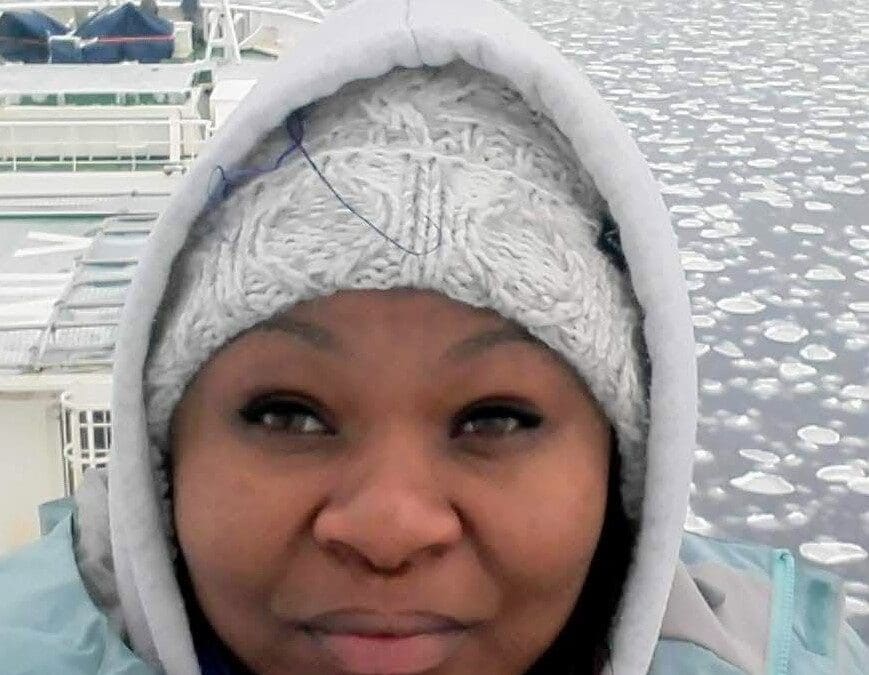
 MARIS started the first session on Southern Ocean research within SANAP with focus on SEA ICE. Above: Rutger Marquart, Magata Mangatane, Dylan White, Anand Nair, Wayne de Jager, Leila Nefdt, Safiyyah Moos, Tokoloho Rampai, Marcello Vichi, Robyn Verrinder, Hayley Swait, Riesna Audh, James van Niekerk. (Photo Credit: MARIS)
MARIS started the first session on Southern Ocean research within SANAP with focus on SEA ICE. Above: Rutger Marquart, Magata Mangatane, Dylan White, Anand Nair, Wayne de Jager, Leila Nefdt, Safiyyah Moos, Tokoloho Rampai, Marcello Vichi, Robyn Verrinder, Hayley Swait, Riesna Audh, James van Niekerk. (Photo Credit: MARIS)
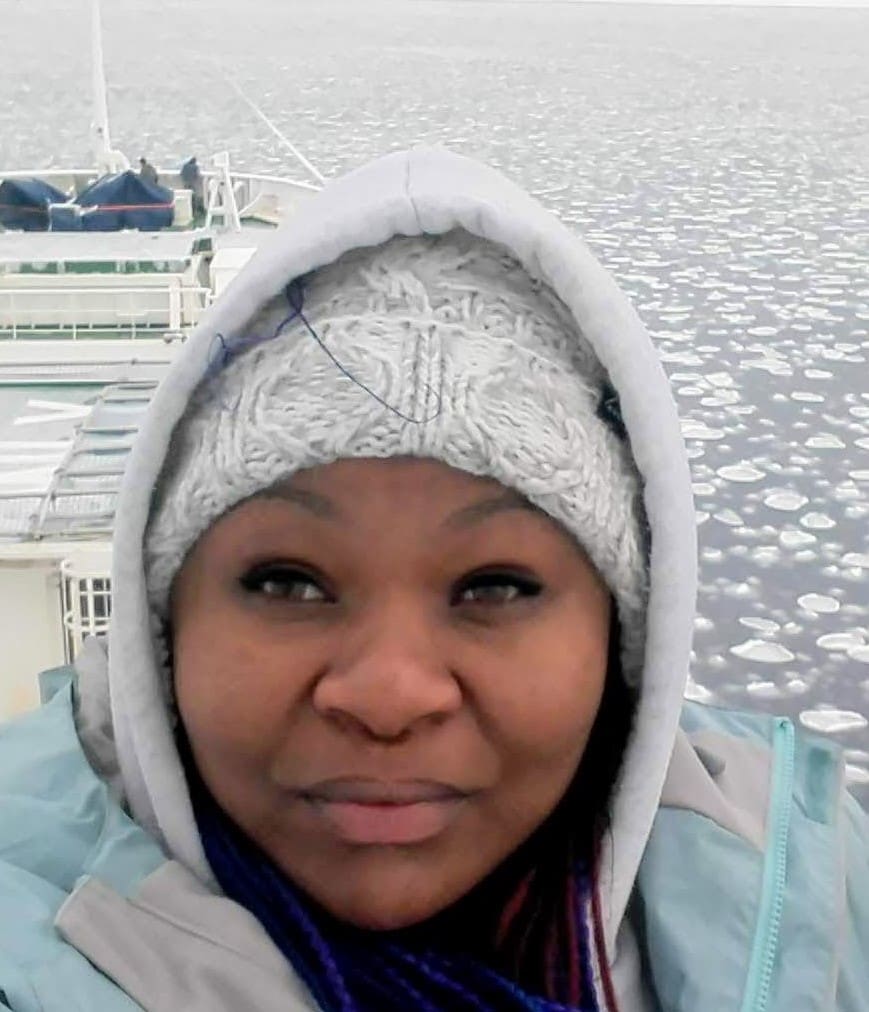
 Oral presentations:
Oral presentations: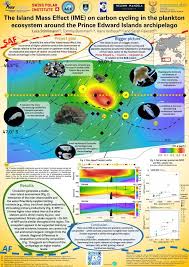 Poster Presentations were displayed in the venue during the symposium and presenters gave a quick introduction to their posters during the round-table session.
Poster Presentations were displayed in the venue during the symposium and presenters gave a quick introduction to their posters during the round-table session.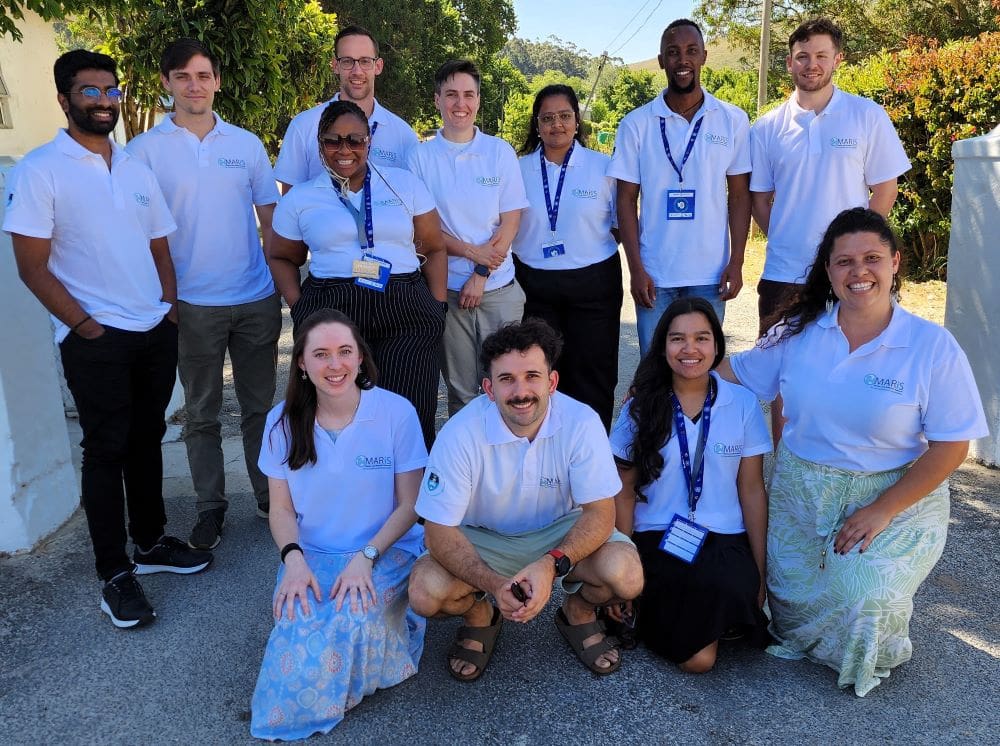
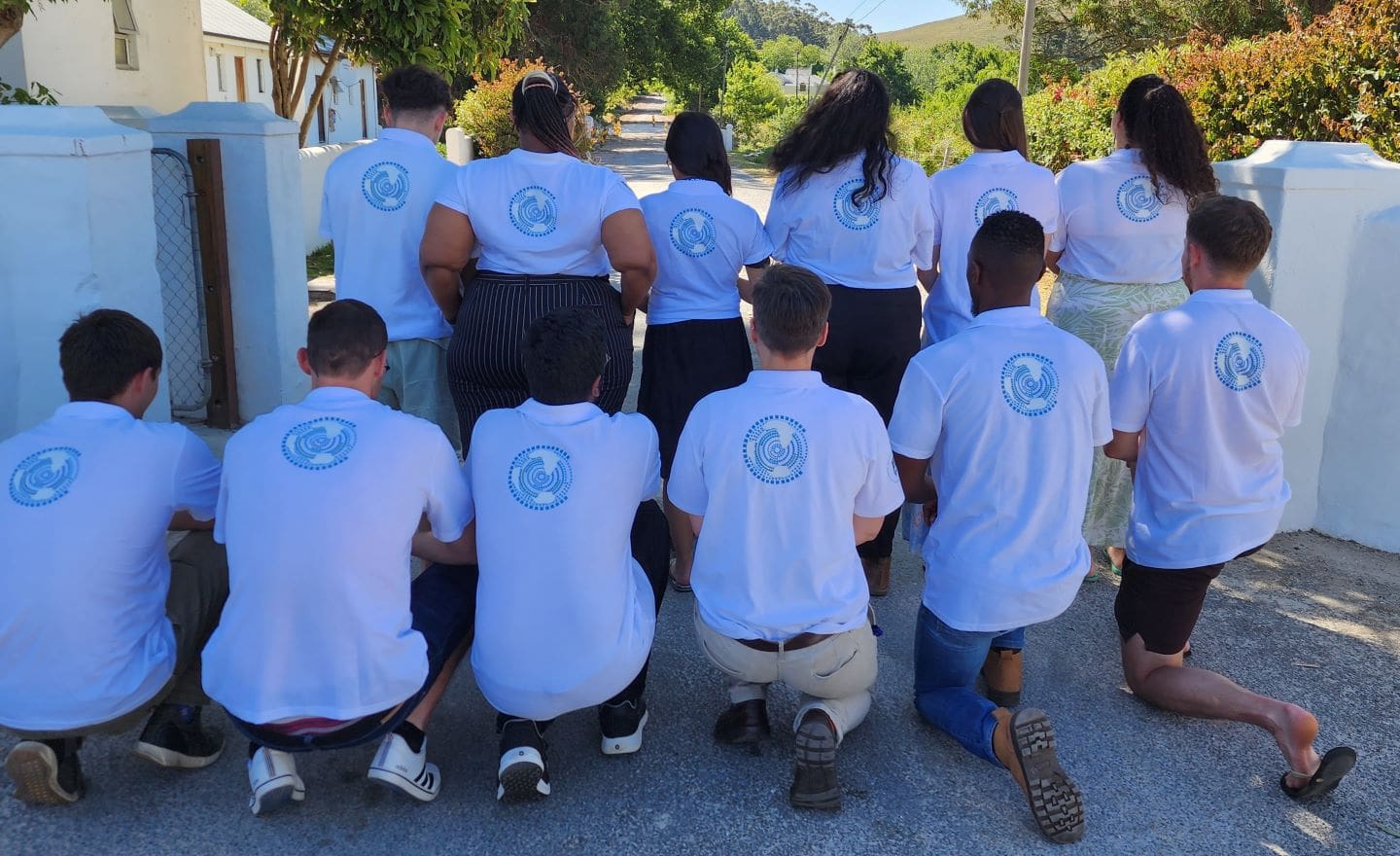

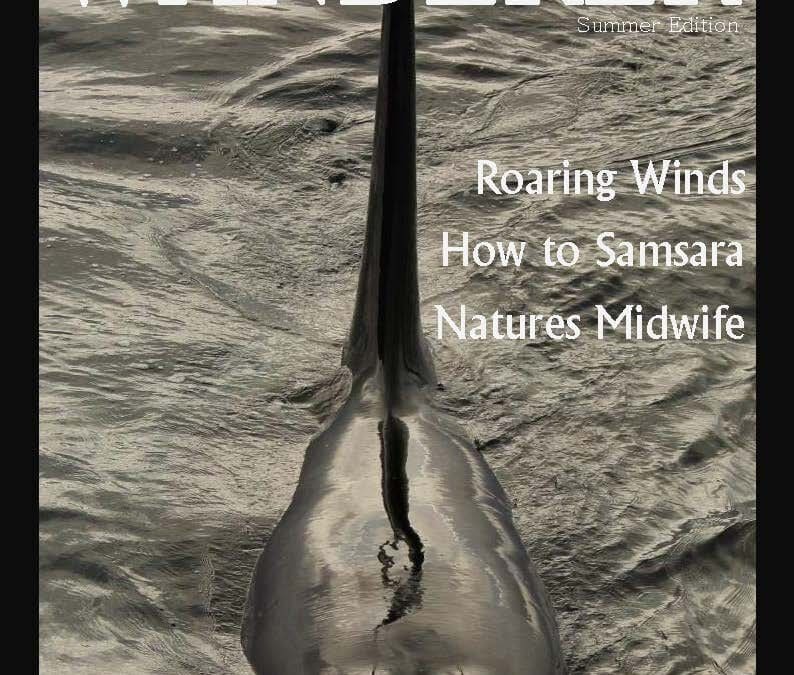
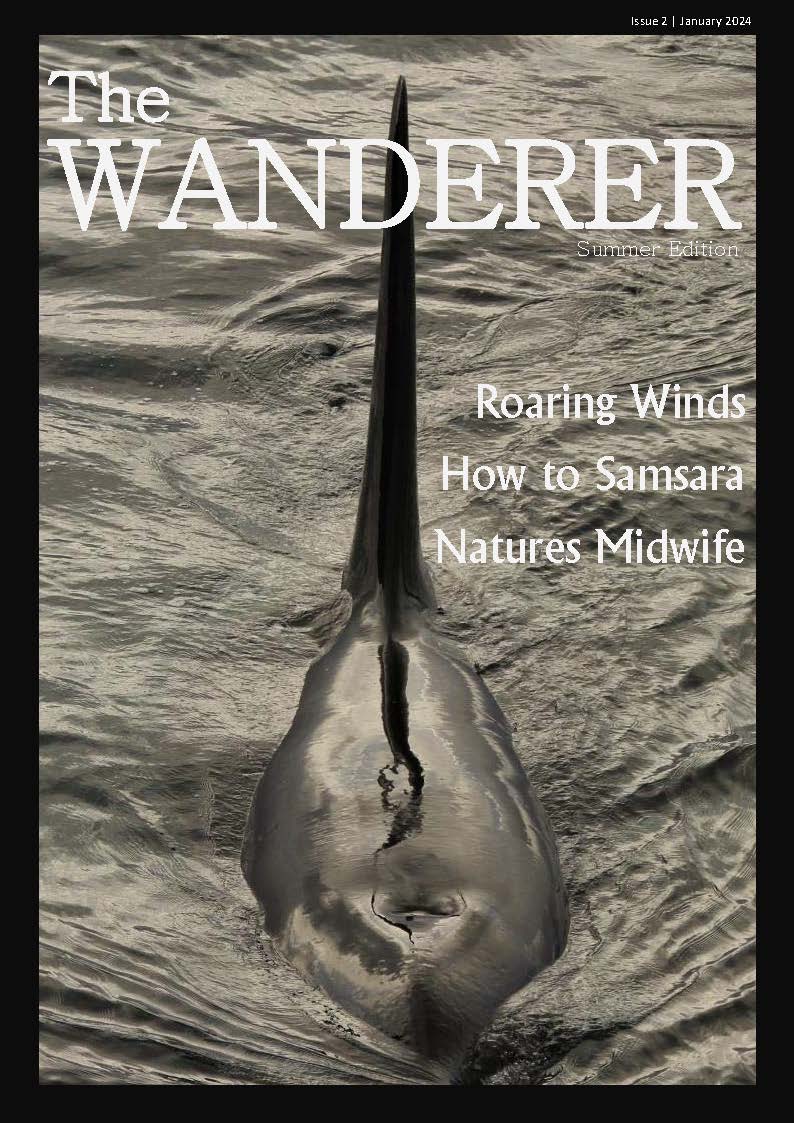 The 2nd issue of The Wanderer by the Marion80 Overwintering team is now available online. It is a bumper issue with 64 pages to read and to enjoy the amazing photo’s taken by the team members.
The 2nd issue of The Wanderer by the Marion80 Overwintering team is now available online. It is a bumper issue with 64 pages to read and to enjoy the amazing photo’s taken by the team members.
 During the 6th Symposium sessions were allocated to cross cutting disciplines and it led to great presentations and discussions.
During the 6th Symposium sessions were allocated to cross cutting disciplines and it led to great presentations and discussions. 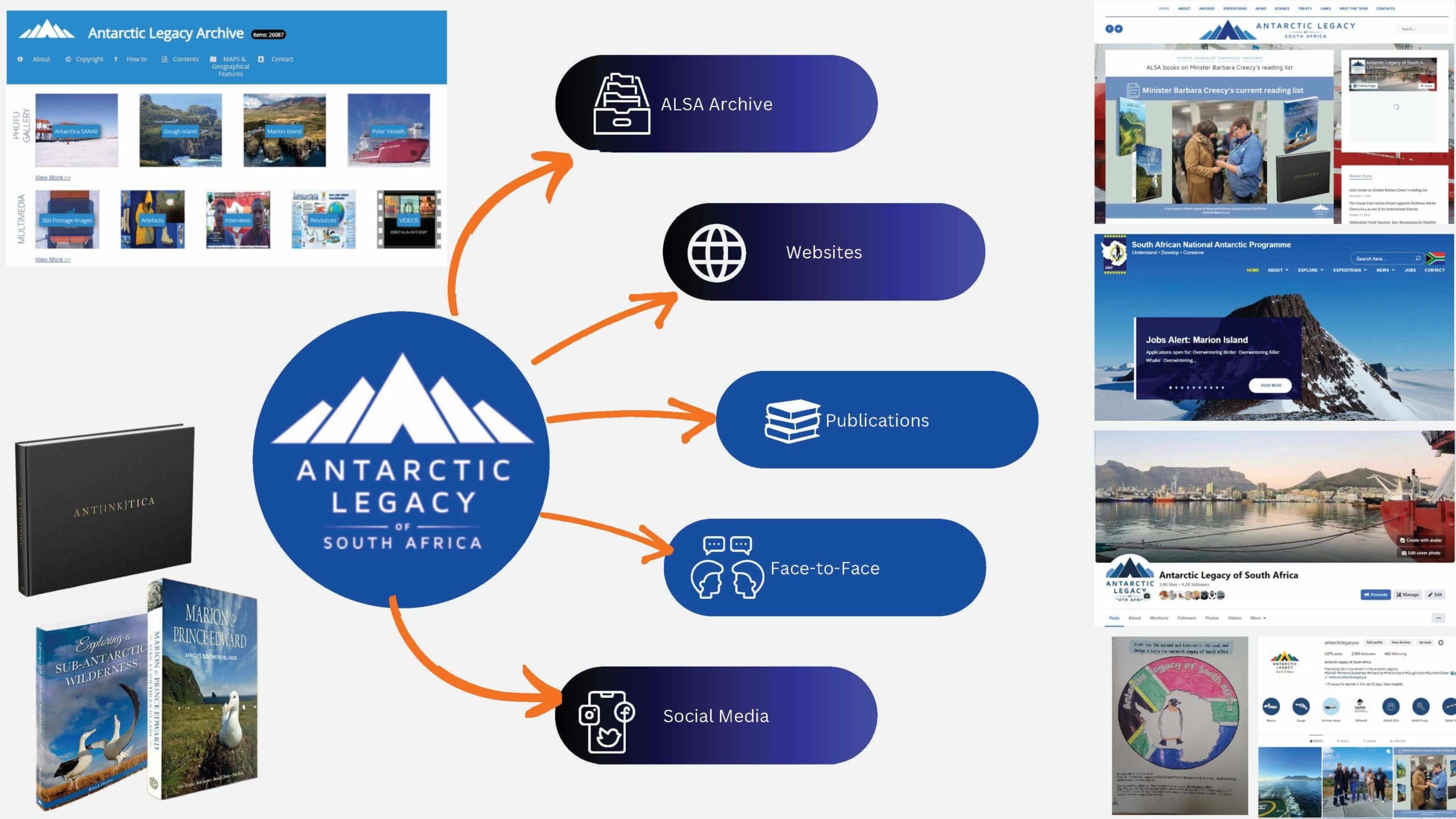 She told her story when she started within the SANAP program as an honors student in Botany. she highlight the importance that as researchers we need to communicate our work and create awareness for the science that we participate in.
She told her story when she started within the SANAP program as an honors student in Botany. she highlight the importance that as researchers we need to communicate our work and create awareness for the science that we participate in.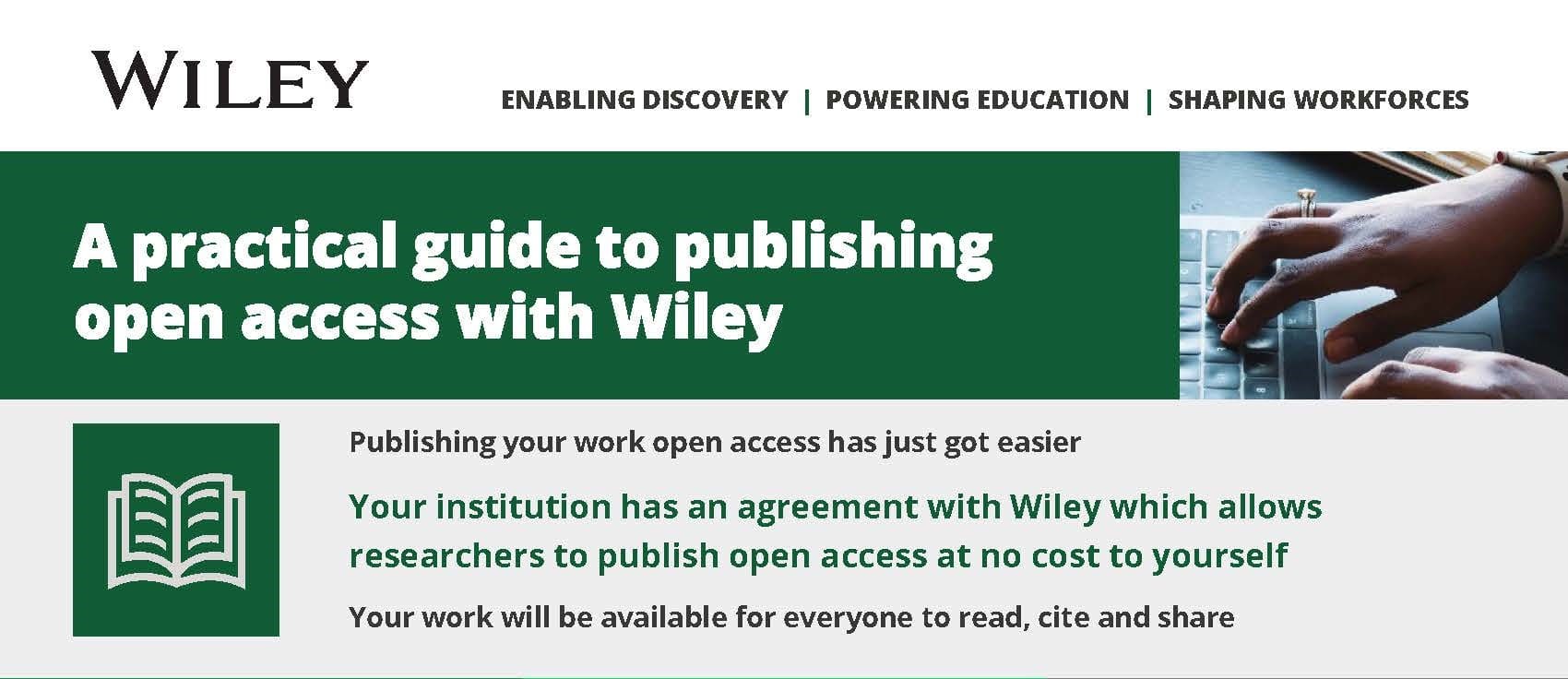 Sarah Fawcett asked Anché to highlight the possibilities of
Sarah Fawcett asked Anché to highlight the possibilities of 


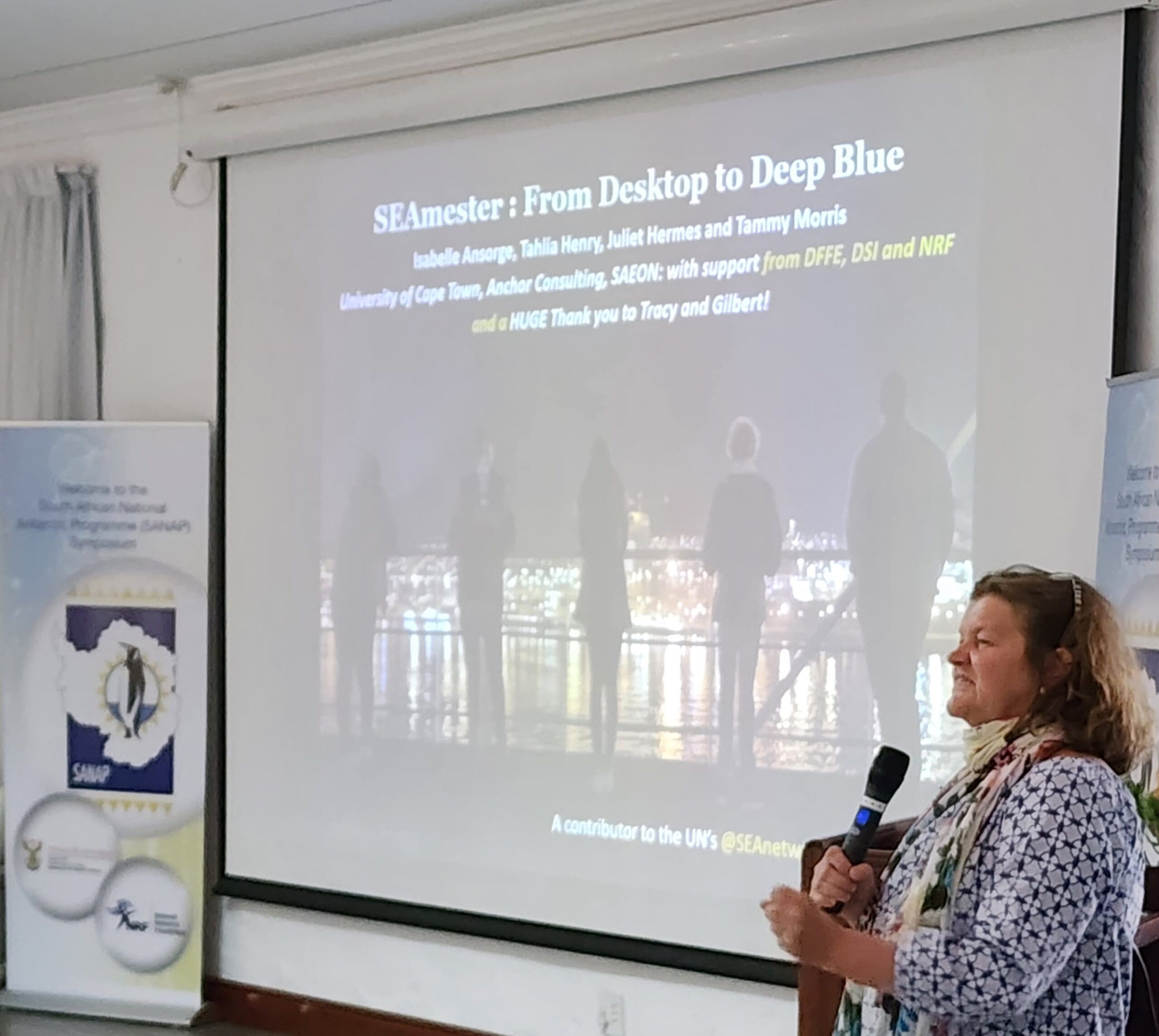 Prof Isabelle Ansorge of UCT and PI of
Prof Isabelle Ansorge of UCT and PI of 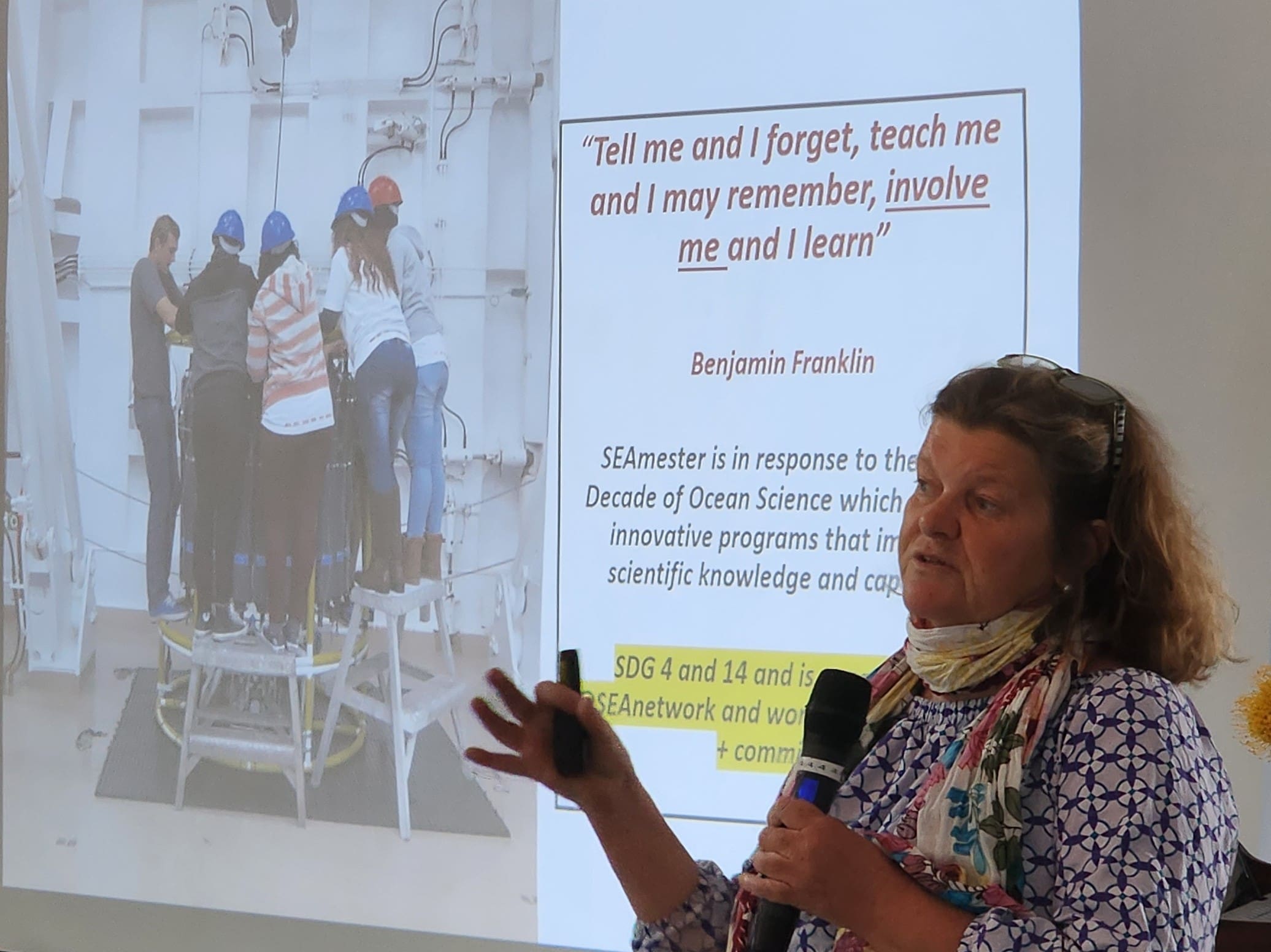
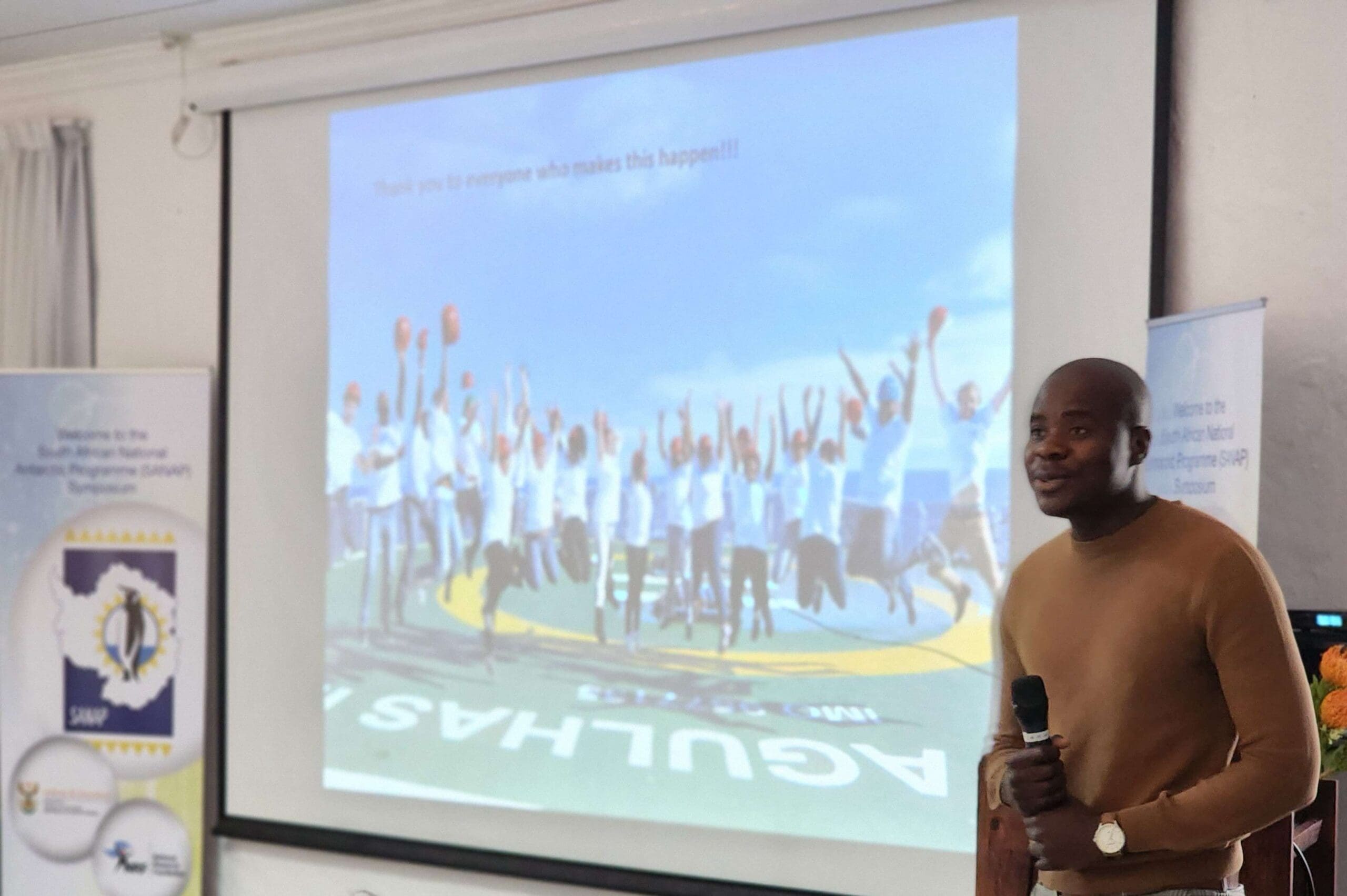 She outlined the strength of SEAmester is that it combines theoretical classroom learning with the application of this knowledge through ship-based, and more importantly, hands-on research through the Agulhas System Climate Array (ASCA) programme. During past voyages 241 students from 26 universities all over South Africa having participated in these cruises. The presentation showed how successful this programme has been, but also the challenges that have been faced. A few were showcased of what has become of some of the
She outlined the strength of SEAmester is that it combines theoretical classroom learning with the application of this knowledge through ship-based, and more importantly, hands-on research through the Agulhas System Climate Array (ASCA) programme. During past voyages 241 students from 26 universities all over South Africa having participated in these cruises. The presentation showed how successful this programme has been, but also the challenges that have been faced. A few were showcased of what has become of some of the 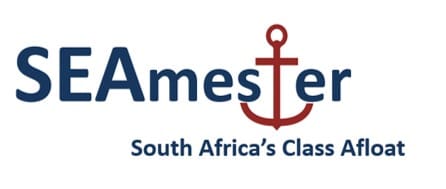 Isabelle’s presentation was followed by two SEAmester students. Themba Mbalati(above left) a SEAmester student gave a
Isabelle’s presentation was followed by two SEAmester students. Themba Mbalati(above left) a SEAmester student gave a 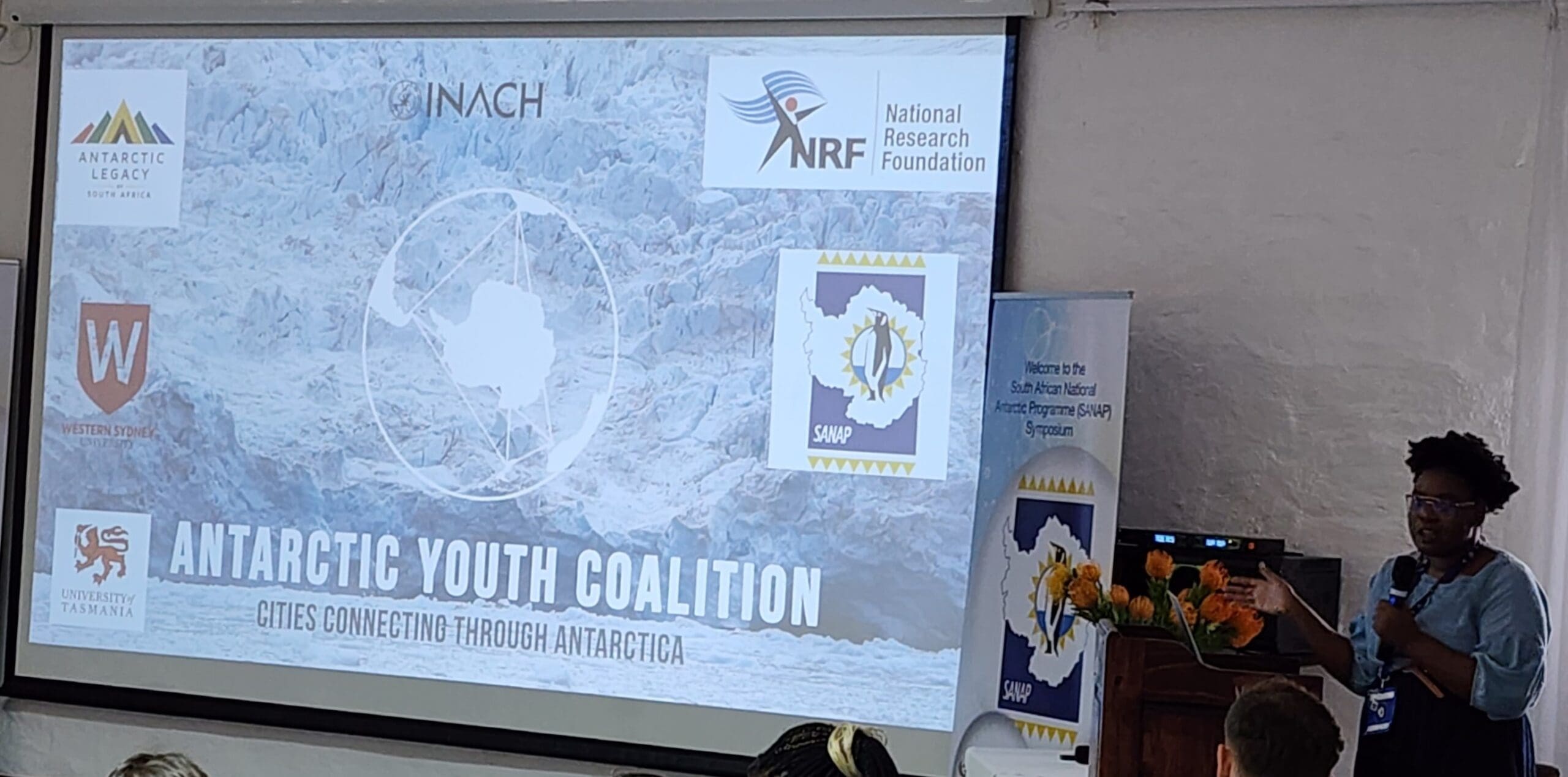
 Rudzani Silima, the top student for SEAmester in 2019 gave a
Rudzani Silima, the top student for SEAmester in 2019 gave a 
 Sandy Thomalla of
Sandy Thomalla of 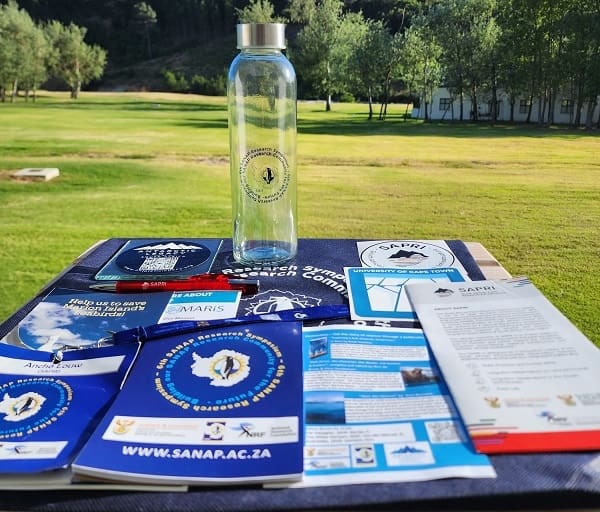
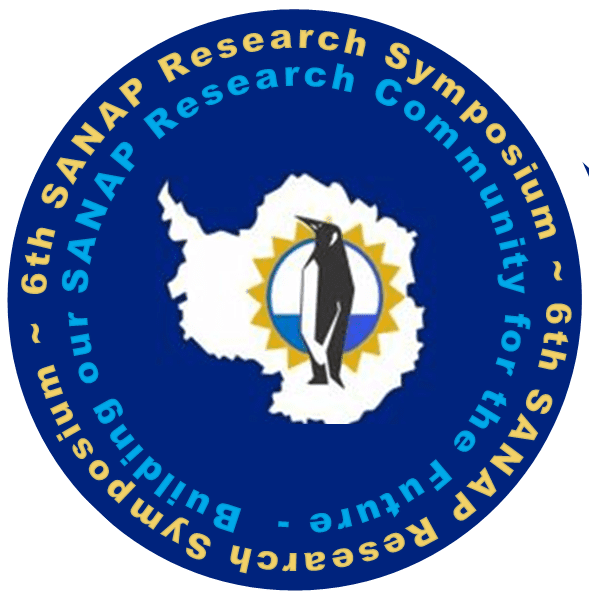
 The symposium started with a keynote lecture by Prof Jukka Tuhkuri of Aalto University, Finland on the expedition to find the shipwreck of the Endurance: “On March 5th, 2022 an international Endurance22 expedition located the wreck of Endurance, the lost vessel of Ernest Shackleton. The Endurance22 expedition was organized by the Falklands Maritime Heritage Trust and the expedition team was taken to the wreck site by S.A. Agulhas II, captain Knowledge Bengu and his crew. Jukka outlined and discussed the three goals of the expedition: to locate the wreck, to tell the story of Endurance to new generations, and to conduct scientific work. The science team onboard included scientists from Stellenbosch University and Aalto University. The Keynote lecture discusses, inter alia, who Shackleton was, how the Endurance was lost and found, and what was learned on the Weddell Sea Expedition” abstract supplied by Prof Tuhkuri. (Above: Photo Credit – Anché Louw, SAPRI)
The symposium started with a keynote lecture by Prof Jukka Tuhkuri of Aalto University, Finland on the expedition to find the shipwreck of the Endurance: “On March 5th, 2022 an international Endurance22 expedition located the wreck of Endurance, the lost vessel of Ernest Shackleton. The Endurance22 expedition was organized by the Falklands Maritime Heritage Trust and the expedition team was taken to the wreck site by S.A. Agulhas II, captain Knowledge Bengu and his crew. Jukka outlined and discussed the three goals of the expedition: to locate the wreck, to tell the story of Endurance to new generations, and to conduct scientific work. The science team onboard included scientists from Stellenbosch University and Aalto University. The Keynote lecture discusses, inter alia, who Shackleton was, how the Endurance was lost and found, and what was learned on the Weddell Sea Expedition” abstract supplied by Prof Tuhkuri. (Above: Photo Credit – Anché Louw, SAPRI) A welcoming reception took place after the keynote lecture . This reception allowed members of the SANAP community (both old and new) to interact in an informal meet and greet for the first time since the last Symposium in 2018. The 2020 Symposium was cancelled due to the COVID-19 pandemic, and a decision was made to postpone the 2022 Symposium to allow the SANAP community to generate new data post-pandemic.
A welcoming reception took place after the keynote lecture . This reception allowed members of the SANAP community (both old and new) to interact in an informal meet and greet for the first time since the last Symposium in 2018. The 2020 Symposium was cancelled due to the COVID-19 pandemic, and a decision was made to postpone the 2022 Symposium to allow the SANAP community to generate new data post-pandemic. Afterwards a workshop was held by the Association for Polar Early Career Scientists of South Africa (APECSSA), and they reported back to the SANAP community n Day 3 of the symposium. (Right: Photo Credit: Anché Louw – SAPRI)
Afterwards a workshop was held by the Association for Polar Early Career Scientists of South Africa (APECSSA), and they reported back to the SANAP community n Day 3 of the symposium. (Right: Photo Credit: Anché Louw – SAPRI) Prior to the commencement of the Symposium, a meeting of the members of the South African national committee for Scientific Committee on Antarctic Research (SCAR) took place chaired by Prof Bettine van Vuuren and was attend in person and online by members of the committee. Prof van Vuuren as chair of the national committee feedback on day 2 of the symposium.
Prior to the commencement of the Symposium, a meeting of the members of the South African national committee for Scientific Committee on Antarctic Research (SCAR) took place chaired by Prof Bettine van Vuuren and was attend in person and online by members of the committee. Prof van Vuuren as chair of the national committee feedback on day 2 of the symposium.